a new study has found that passive exposure to parental smoking during childhood increases the risk of developing seropositive rheumatoid arthritis (ra) by 75 per cent later in life.the work,
published in the journal arthritis & rheumatology, described the relationship as a “potential direct influence” with the risk of ra further increasing among children who become smokers themselves in adulthood. “there has been intense interest in mucosal lung inflammation from personal smoking as a site of ra pathogenesis,”
said jeffrey a. sparks, senior author of the study at the department of medicine at brigham and women’s hospital in massachusetts. “but the majority of ra patients aren’t smokers, so we wanted to look at another inhalant that might precede ra.”to explore the issue, researchers analyzed data from 90,923 women
included in the nurses’ health study ii, a large population database of female nurses established in 1989. they divided passive smoking exposure into three categories: maternal smoking during pregnancy, parental smoking during childhood and years lived with smokers upon entering adulthood. even once the effects of personal smoking were removed from the equation, passive exposure to cigarette smoke in childhood resulted in a 75 per cent increased risk of seropositive ra.rheumatoid arthritis is the most common chronic inflammatory joint disease in canada,
according to the public health agency of canada, and one of the main causes of disability worldwide. people with the autoimmune disease — which is caused when the immune system erroneously attacks the tissue lining the body’s joints, causing painful inflammation — face a greater risk of mortality than the general population because of comorbidities associated with the disease. close to 400,000 canadians are currently living with ra, and another 23,000 or so are diagnosed yearly. in addition to joint pain and stiffness, symptoms of the disease include fatigue and inflammation in areas of the body beyond the joints.
there are two main types of ra:
seropositive and seronegative. roughly 60 to 80 per cent of ra cases are seropositive, meaning a patient’s blood contains antibodies that can attack and inflame the body’s joints. patients who test seronegative do not have these antibodies in their blood, but they still generally experience the same symptoms. smoking has long been tied to ra because of the high rate of lung inflammation in patients, even among non-smokers. while the relationship has been explored among active smokers, less is known about the impact of passive smoke, particularly early in life.using the data from the nurses’ study, researchers were able to confirm incident ra and serostatus among participants and then use statistical modelling to ascertain the risk of the three types of passive smoking while controlling for other factors, such as the impact of personal smoking. over the 27.7-year median follow-up period of the study, 532 women were diagnosed with incident ra, 352 of which were seropositive, or positive for ra autoantibodies. while passive smoking during childhood led to the 75 per cent increase in risk of ra, the other two categories — maternal smoking during pregnancy and living with smokers after the age of 18 — did not exhibit the same significant association with ra.the study was limited by the absence of men from its subject pool, something researchers intend to address with subsequent longitudinal research. they hope further study will help paint a clearer picture of other rheumatoid conditions and even shed more light on other autoimmune diseases.“our findings give more depth and gravity to the negative health consequences of smoking in relation to ra, one of the most common autoimmune diseases,” said kazuki yoshida, lead and co-corresponding author of the study at brigham’s division of rheumatology, inflammation and immunity. “this relationship between childhood parental smoking and adult-onset ra may go beyond rheumatology — future studies should investigate whether childhood exposure to inhalants may predispose individuals to general autoimmunity later in life.”
dave yasvinski is a writer with healthing.cafor more information on arthritis, support or to connect with other patients, visit arthritis society.
 3 minute read
3 minute read









